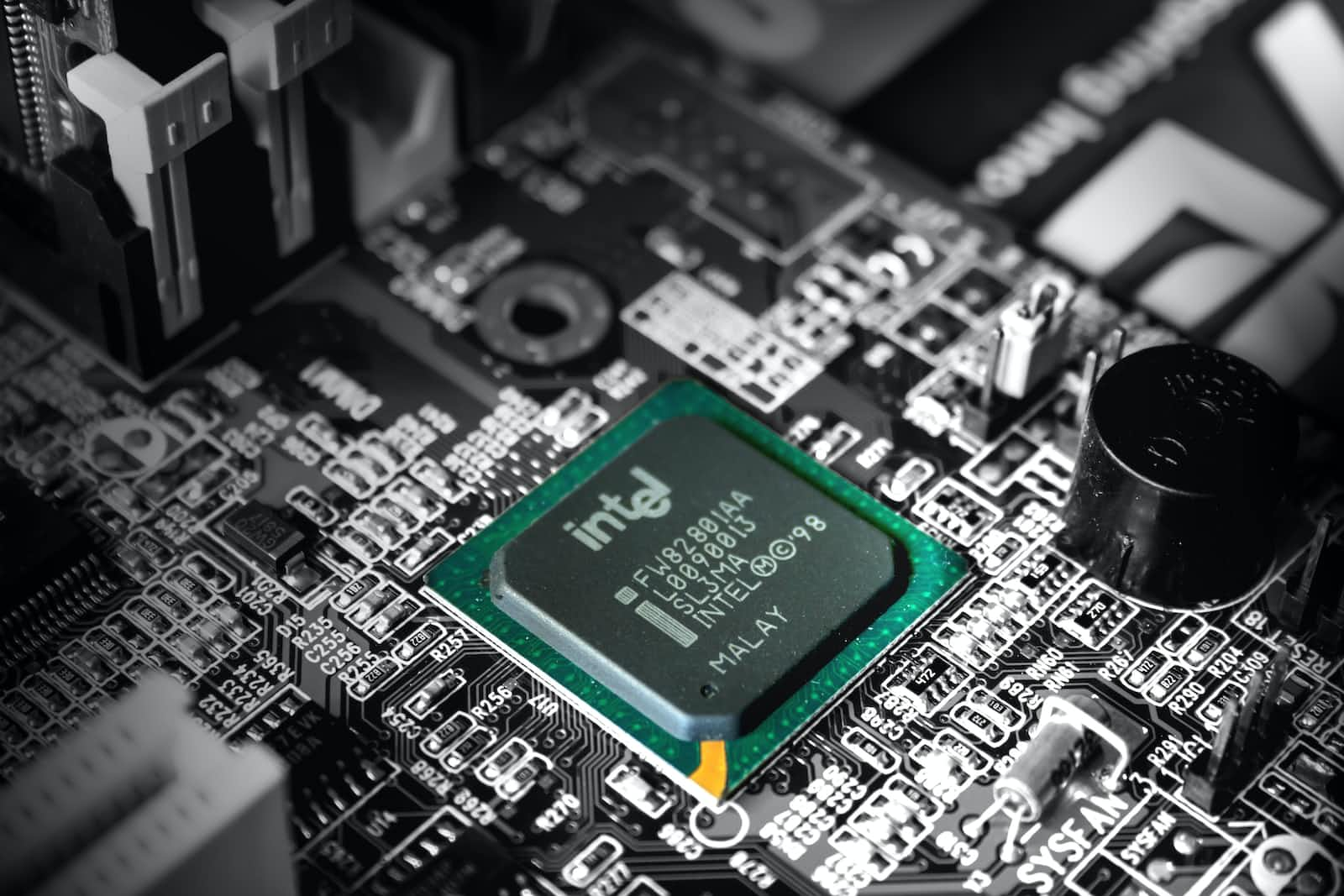What Exactly Is Moore's Law? Is it still relevant?
 Utsav Singh
Utsav Singh
Gordon E. Moore, co-founder and former CEO of Intel, predicted in 1965 that the number of transistors that could be packed into a given unit of space would double every two years.
According to Moore's Law, the number of transistors on a microchip doubles every two years. The statute states that we can expect our computers' speed and capabilities to rise every two years as a result of this, but we will pay less for them.
Yet another tenet of Moore's Law is that this expansion is exponential.
Moore's Law has been a driving factor in the late twentieth and early twenty-first centuries' technical and social transformation, productivity, and economic growth.
Moore's Law in action improves nearly every aspect of a high-tech civilization. Without small processors, mobile devices such as cell phones and computer tablets would not function; nor would video games, spreadsheets, precise weather predictions, or GPS.
Let us now discuss relevance and practicality.
The high temperatures of transistors might eventually make smaller circuits impractical. This is due to the fact that cooling down the transistors requires more energy than the amount of energy currently passing through the transistors.
Consider the following examples-
One nanometer is one billionth of a meter, which is smaller than the wavelength of visible light. An atom's diameter spans between 0.1 and 0.5 nanometers.
Intel was able to boast in 2012 that its 22-nanometer (nm) processor has the world's tiniest and most sophisticated transistors, which are being mass-produced.
Intel released an even smaller, more powerful 14nm device in 2014, and the corporation is still battling to get its 7nm technology to market.
Please let me know if you believe we can manufacture any smaller chips.
Subscribe to my newsletter
Read articles from Utsav Singh directly inside your inbox. Subscribe to the newsletter, and don't miss out.
Written by

Utsav Singh
Utsav Singh
I am a software engineer and enjoy problem-solving and finding innovative ways to make tasks easier and more efficient.